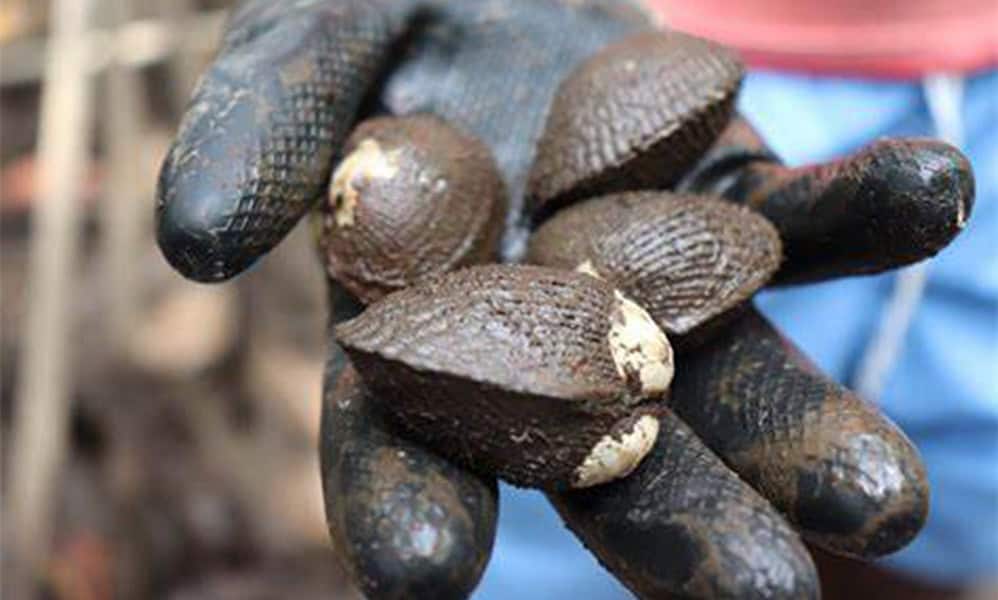Costa Rica’s Térraba-Sierpe National Wetland, a 33,000-hectare haven of mangroves and rivers, is under siege from an unlikely source: pineapple farms. A study by natural resource management specialist Soledad Castro found 16 chemical compounds, including the fungicide carbendazim and herbicides clomazone and diuron, in the wetland’s waters and sediments, some 80 kilometers downstream from plantations in Buenos Aires, Puntarenas. The findings, from her thesis “Plantations, Pesticides, and the State,” reveal that 71% of these pollutants come from pineapple farming, threatening the piangua mollusk and the communities who depend on it.
The Térraba-Sierpe delta, where the Térraba and Sierpe rivers meet, is a lifeline for the piangua (Anadara tuberculosa), a native mollusk harvested for generations. Castro used the piangua as a marker to gauge contamination’s impact, finding fewer mollusks in polluted areas like Boca Chica, though not mass die-offs. “The contaminants create conditions that just aren’t right for the species,” she said. Where pollution is lower, piangua populations thrive, highlighting the chemicals’ role in their decline.
Castro’s team sampled water and sediment along the rivers and delta, tying the pesticides to pineapple crops, though oil palm and rice farms also dot the area. The Térraba River, carrying reddish sediment from Buenos Aires’ ultisol soils, is the main culprit, spreading toxins far downstream. Community interviews backed this up. “In the 1980s, when pineapple farming took off, the piangua started vanishing,” Castro noted, quoting elders who recalled red mud clogging river mouths. “They said clearly: ‘The red mud shows up, and the piangua disappears.’”
The fallout hits hard for South Pacific communities, where piangua harvesting is a key livelihood. With few job options, losing this mollusk threatens their income and way of life. A report that came out this year echoed Castro’s findings, noting pesticides travel 70 kilometers to the delta, harming this Ramsar-protected wetland. Pineapple farms, using 20 kilograms of pesticides per hectare yearly, drive Costa Rica’s world-leading pesticide use, with runoff worsened by heavy rains, according to the FAO.
Castro’s work fills a critical gap, exposing how pineapple monoculture harms distant ecosystems. While Costa Rica’s green image draws tourists, its export-driven farms are leaving a toxic mark. Protecting the piangua and the wetland demands tougher regulations and restoration, before this ecological and cultural treasure slips away.






